What is the Primary Goal of a PPC Campaign?
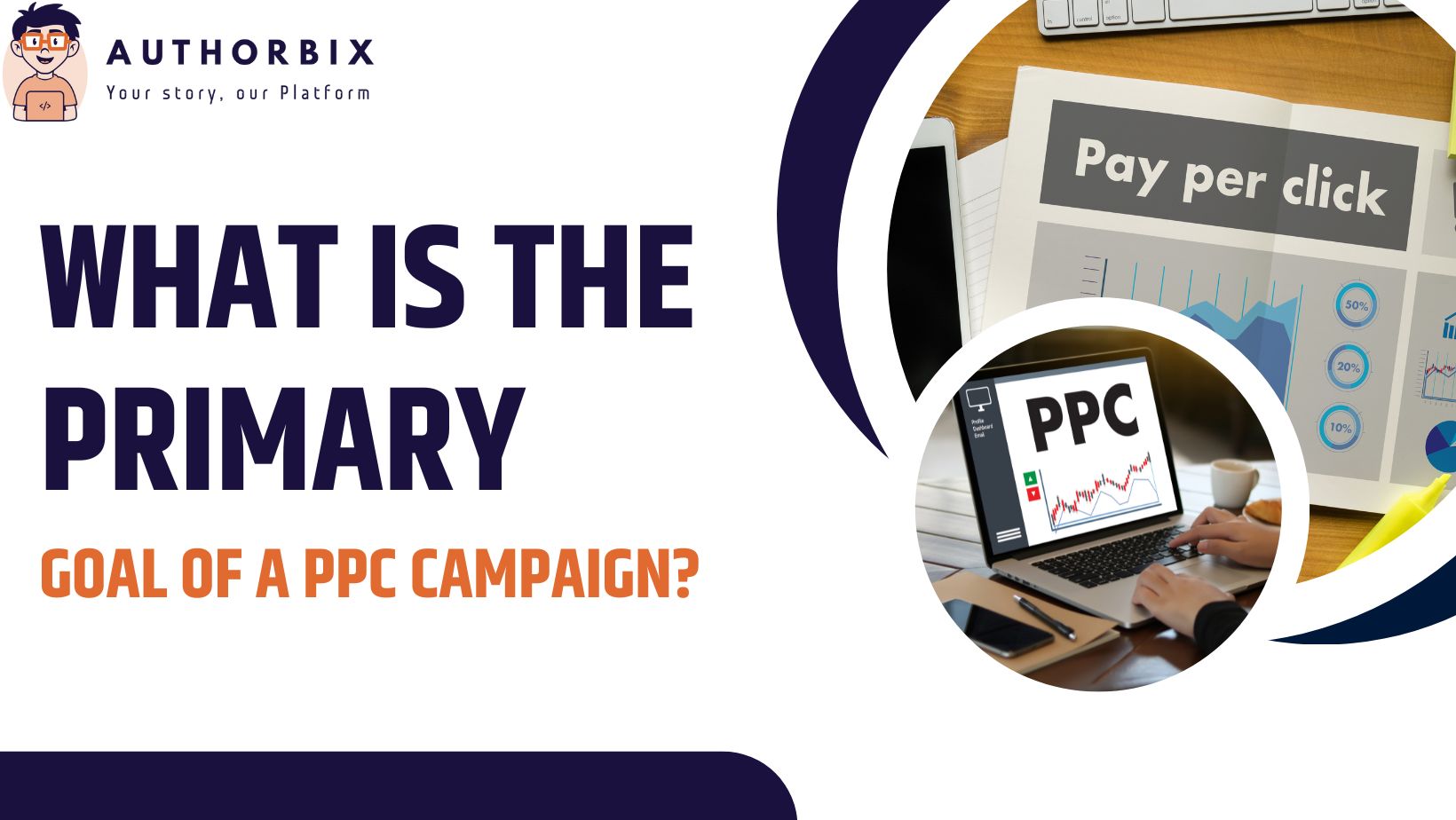
Pay-per-click (PPC) advertising has grown to be a crucial part of digital marketing strategies because it gives companies a focused and affordable way to increase traffic and conversions. A PPC campaign’s primary goal is multifaceted; the best PPC service in India covers a range of topics that together help a business succeed and expand. In this comprehensive exploration, we’ll delve into the intricacies of PPC campaigns, elucidating their primary objectives and the strategies employed to achieve them.
Table of Contents
ToggleStep-by-Step Guide PPC Campaign to Achieving Your Goals
Generate relevant traffic.
The foundational objective of a PPC campaign is to attract relevant and high-quality traffic to a website. By bidding on keywords related to their products or services, businesses aim to appear in search results when users actively seek information related to their offerings. This targeted approach ensures that the traffic generated through PPC is more likely to convert, aligning with the overall marketing strategy.
Increase brand visibility:
Beyond immediate conversions, a PPC campaign serves to enhance brand visibility. Displaying ads prominently in search engine results and across relevant websites not only attracts potential customers but also reinforces brand awareness. Even if a user doesn’t click on the ad initially, the repeated exposure can contribute to brand recall, making them more likely to engage in the future.
Drive Conversions and Sales:
At its core, the primary goal of a PPC campaign is to drive conversions and boost sales. Whether the desired action is a purchase, form submission, or another conversion metric, PPC campaigns are meticulously crafted to encourage users to take that specific action. Conversion tracking and analytics play a crucial role in measuring the success of the campaign in meeting these goals.
Achieve a positive return on investment (ROI):
PPC campaigns operate on a cost-per-click (CPC) model, where advertisers pay each time a user clicks on their ad. A positive ROI signifies that the campaign is not only driving traffic but also contributing to the financial success of the business.
Target Specific Audiences:
Precision in targeting is a key facet of PPC campaigns. Advertisers can define their audience based on demographics, location, interests, and other criteria. This ensures that the ads are presented to individuals who are more likely to be interested in the products or services offered, maximizing the campaign’s effectiveness.
Optimize ad spend:
Successful PPC campaigns involve continuous optimization of ad spend. This includes refining targeting parameters, adjusting bid strategies, and eliminating underperforming keywords. The goal is to allocate the budget where it generates the highest returns, ensuring efficiency and cost-effectiveness in the long run.
Enhance Ad Copy and Creatives:
Crafting compelling ad copy and engaging creatives is pivotal for capturing the audience’s attention and encouraging clicks. The primary goal here is to communicate the value proposition effectively within the limited space available in ads. A/B testing different ad variations helps identify the most resonant messaging and design elements.
Improved Quality Score:
Achieving a high-quality score is a primary goal, as it not only influences the ad’s position in search results but also reduces the cost per click. Aligning ad content with user intent and ensuring a seamless landing page experience are crucial for enhancing the quality score.
Increase website traffic:
While the focus is on quality over quantity, a PPC campaign also aims to drive a significant volume of traffic to the website. This increased traffic contributes to improved search engine rankings and can lead to organic growth as well.
Adaptable and Responsive Strategy:
The dynamic nature of online advertising necessitates an adaptable strategy. The primary goal is not just to set and forget but to continually monitor performance metrics, adjust strategies based on insights, and stay abreast of industry trends. This adaptability ensures that the PPC campaign remains effective and aligned with changing market conditions.
Monitor and analyze the data.
The goal of a PPC campaign extends beyond the initial setup and launch. Ongoing monitoring and analysis of data are crucial for understanding user behavior, identifying trends, and making informed adjustments. Key performance indicators (KPIs) such as click-through rates, conversion rates, and cost per conversion provide valuable insights into the campaign’s efficacy.
Geographic Targeting:
For businesses with a specific geographic focus, the primary goal of a PPC campaign may involve targeting users in specific locations. This ensures that resources are directed towards attracting potential customers in areas where the business operates or where there is significant demand.
Remarketing and retargeting:
A significant goal of PPC campaigns is to re-engage users who have previously interacted with the website but did not convert. Through remarketing and retargeting strategies, businesses aim to bring these users back into the conversion funnel by displaying tailored ads based on their past behavior.
Conclusion:
In essence, the primary goal of a PPC campaign is a nuanced amalgamation of generating targeted traffic, enhancing brand visibility, driving conversions, achieving a positive ROI, and adapting strategies based on continuous analysis. Understanding the multifaceted nature of these goals empowers advertisers to navigate the intricacies of PPC advertising effectively, maximizing the impact of their campaigns on both short-term and long-term business objectives.
Read More: www.authorbix.com
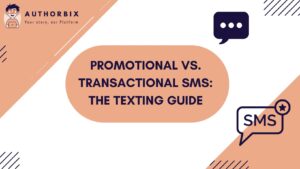
Promotional vs. Transactional SMS: The Texting Guide

5 Best Music Festivals In The World: Must-See Music festival

JEE Main & Advanced: Two Pillars of Engineering in 2024

8 Reasons Why to Personalise Email Address for Business
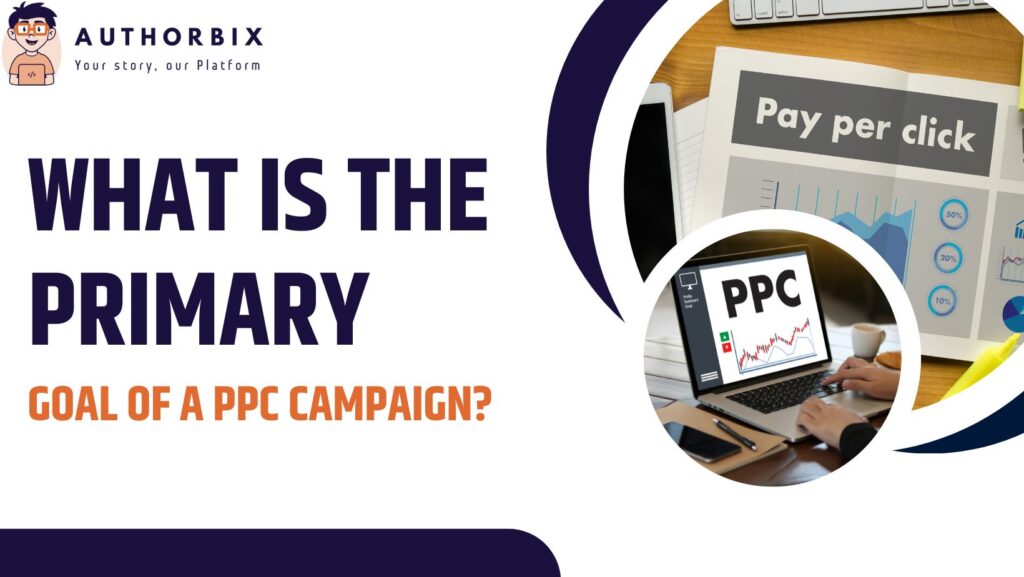
What is the Primary Goal of a PPC Campaign?
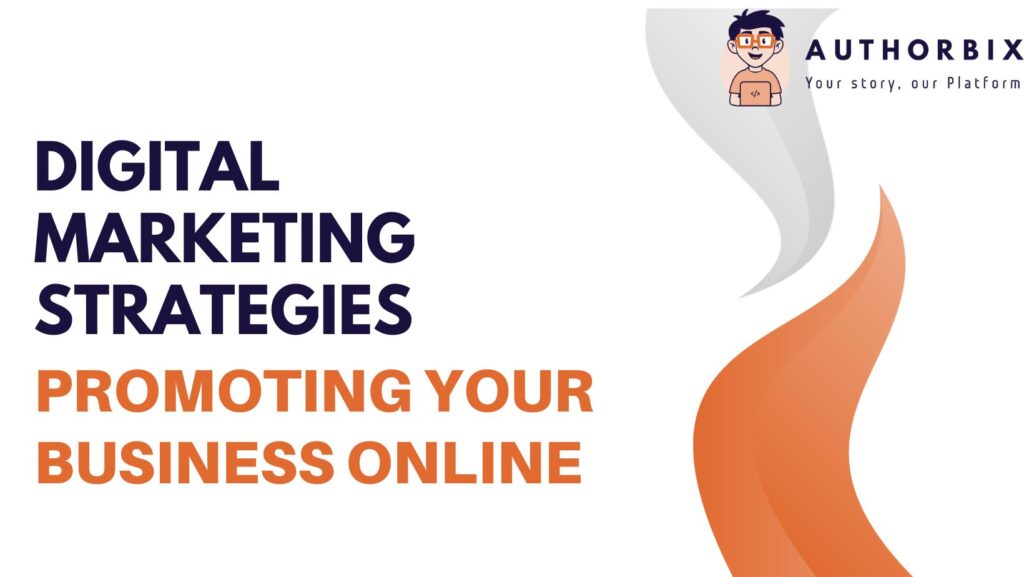
Digital Marketing Strategies and Services: Promoting Your Business Online

How to Learn Web Design from Home: 5 Effortless Steps
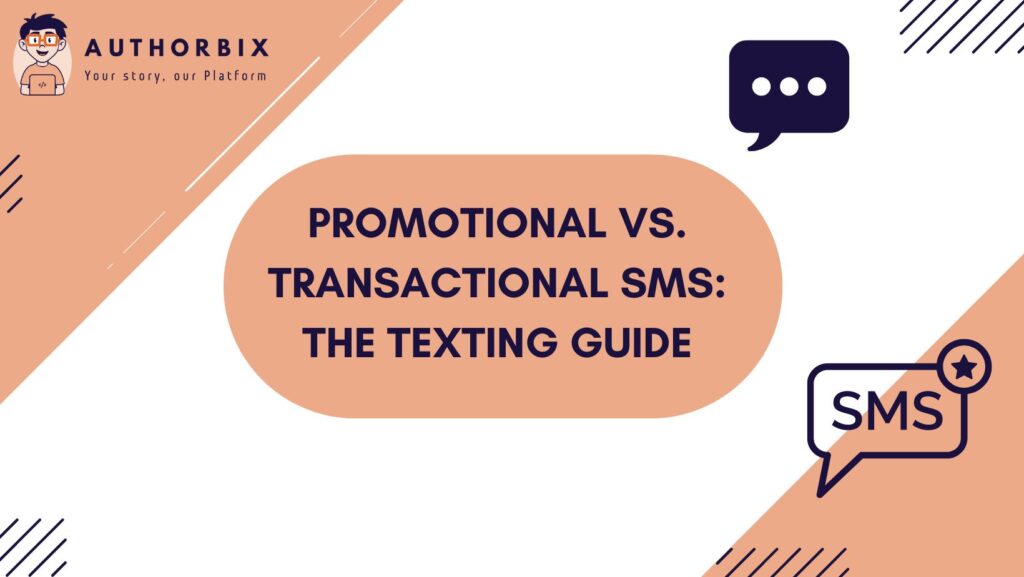
Promotional vs. Transactional SMS: The Texting Guide

5 Best Music Festivals In The World: Must-See Music festival

JEE Main & Advanced: Two Pillars of Engineering in 2024







